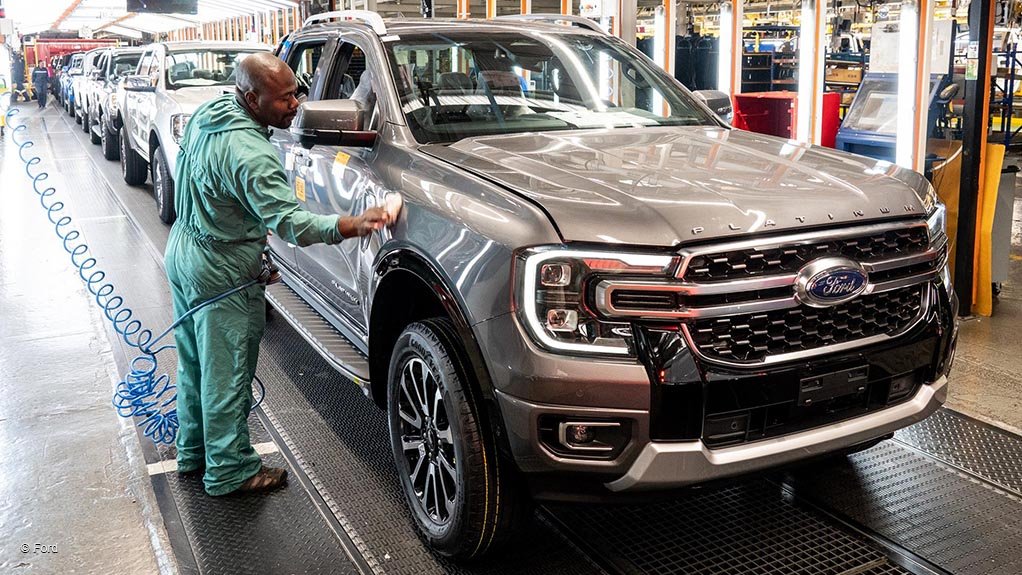The National Union of Metalworkers of South Africa (Numsa) says wage talks in the vehicle assembly sector have stalled, with the union and employers at odds over the increases on offer to cement a new three-year wage deal.
The Automobile Manufacturers Employers Organisation (Ameo) is offering 6.5% for the first year, and 5% for the following two years.
Numsa has rejected the offer, referencing other, recent domestic wage sector deals that had been settled at higher increases.
There are also other outstanding matters that must be resolved, such a medical aid, lay-offs and service leave, notes the union.
Numsa warns that it may consider signing only a one-year wage deal.
It also calls on South Africa’s seven vehicle assemblers to disclose their financial statements for the past three years, as well as the government benefits received under the Automotive Production and Development Programme.
The union says it may consider striking “as a last resort”, and calls for an urgent meeting between company CEOs and Numsa leadership to break the deadlock.
Ameo has responded to Numsa by describing the South African automotive industry as “at a critical crossroads”.
The employer body says South African vehicle assemblers currently operate below optimal capacity, with declining domestic sales and fierce competition from imported vehicles, particularly from China and India.
The industry also faces tariff risks, supply chain disruptions, and the urgent need to
transition towards new-energy-vehicle manufacturing to retain export markets and safeguard jobs.
Ameo warns that wage negotiations must be grounded in the economic constraints facing the industry.
It describes the current three-year offer on the table, with a R10 000 once-off gratuity, as “both responsible and sustainable”.
“It exceeds inflation projections and reflects our commitment to protecting both jobs and the long-term sustainability of the auto manufacturing sector.
“It is vital to note that the proposed increase exceeds the prevailing consumer price inflation of 3.4% and factors in inflationary pressures on workers.
“It balances competitiveness, affordability and job preservation, avoiding a scenario
where excessive wage escalation could trigger retrenchments or reduced investment
from global parent companies,” notes Ameo.
The organisation warns that industrial action would “severely undermine the competitiveness of the industry and damage prospects for both workers and employers alike”.
Ameo also calls on all parties to continue negotiations within the framework of the national bargaining forum.
The domestic vehicle assembly sector employs more than 30 000 people.
EMAIL THIS ARTICLE SAVE THIS ARTICLE ARTICLE ENQUIRY FEEDBACK
To subscribe email subscriptions@creamermedia.co.za or click here
To advertise email advertising@creamermedia.co.za or click here











